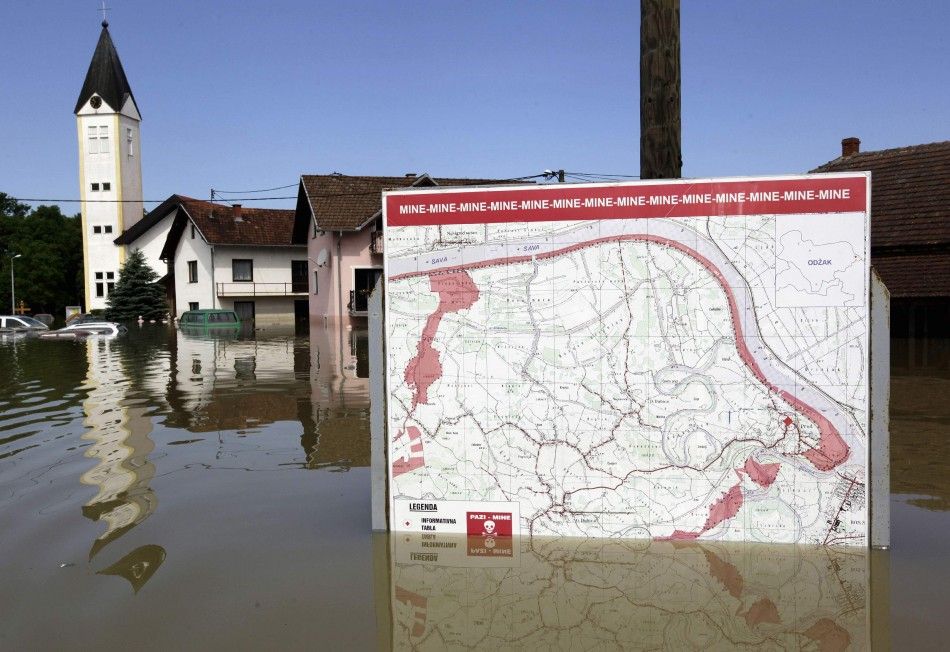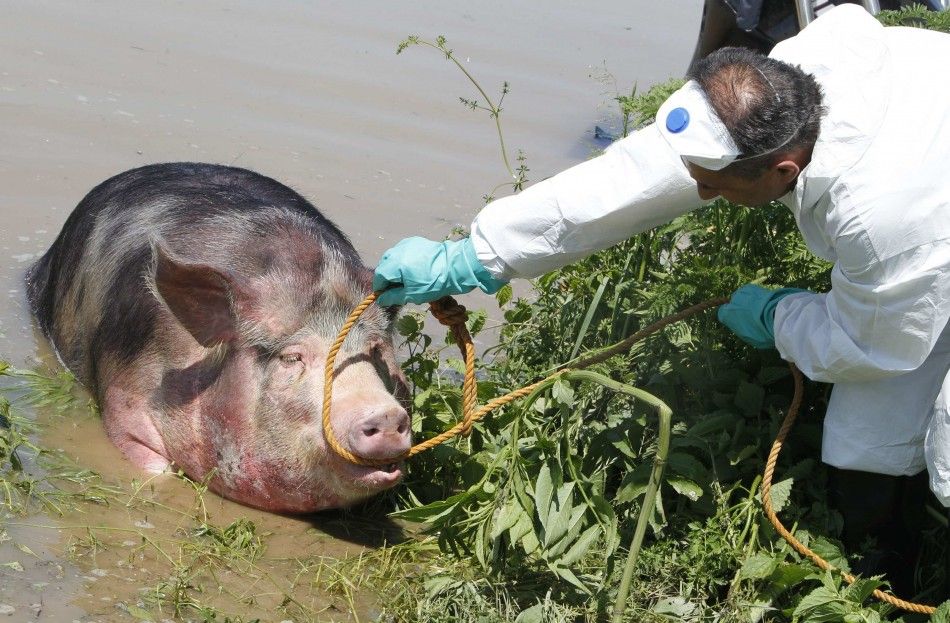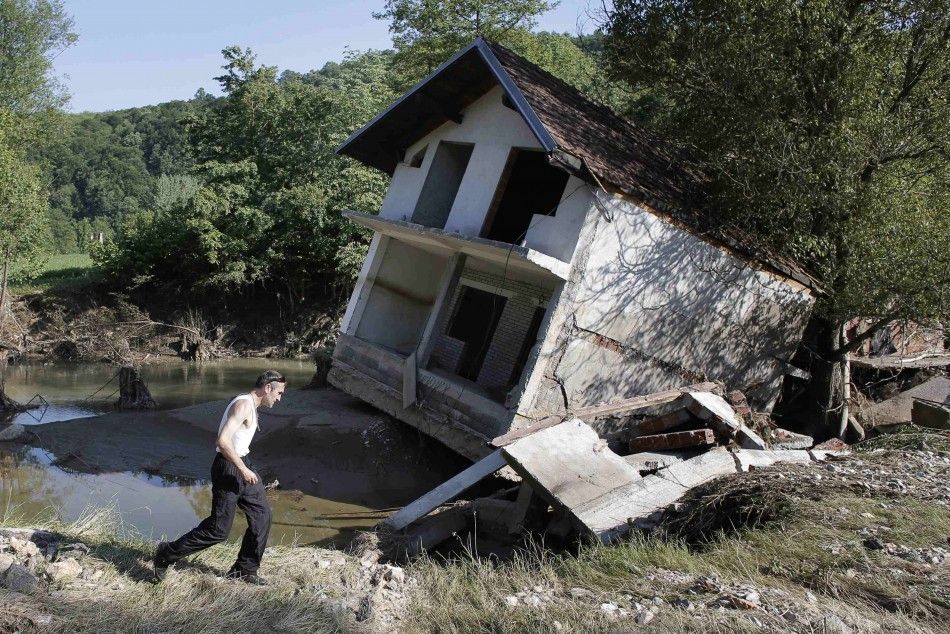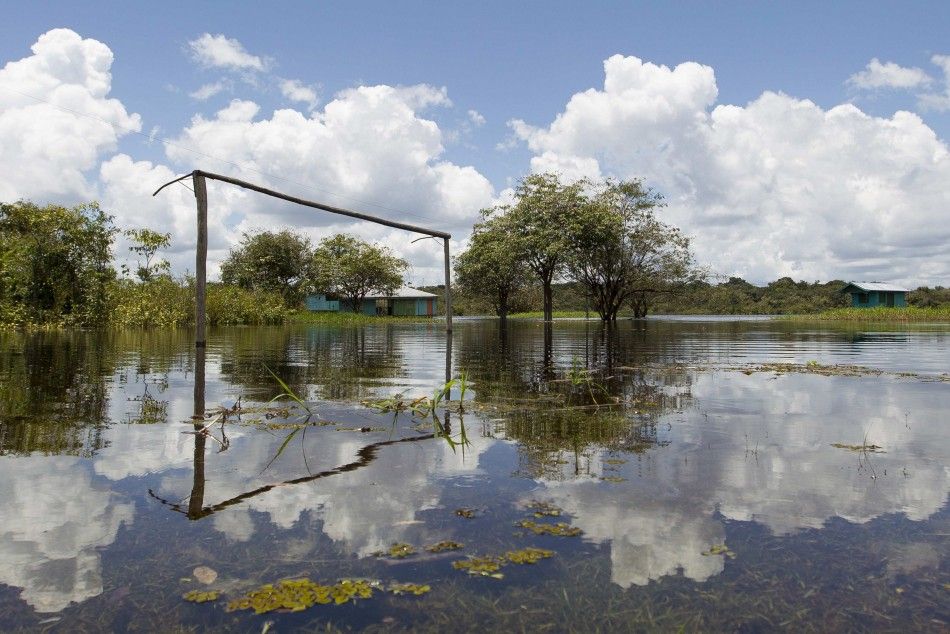Global Warming to Exacerbate Britain Summer Rains, Floods – Study
A study by the Met Office and Newcastle University published in the Nature and Climate Change journal has revealed how global warming and climate change will most definitely impact the occurrence of summer downpours and flash flooding in Britain.
"Short duration rain events are predicted to intensify during the summer months in the southern United Kingdom," the AAP reported, citing the study. "This predicted increase means more events would exceed the Met Office and Environment Agency Flood Forecasting Centre guidance threshold for serious flash flooding."
Researchers said they forecast the country could possibly experience five times the number of "extreme rainfall events" topping 28mm per hour.
"It is dry periods interspersed with these very intense downpours, and we are talking about thresholds of 30mm and above in an hour over quite a large area here, which would be associated with really severe flash flooding," Dr Lizzie Kendon, the report's lead author, told BBC News.
"Changes in precipitation extremes are occurring under climate change, as the atmosphere warms and the capacity of air to hold water vapour grows," the study said.
The study used a high-resolution model, typically used for weather forecasting, to simulate hourly rainfall in the UK in the year 2100. Researchers used a model usually employed for weather forecasting to investigate hourly rainfall changes in the southern UK.
"Most people would be familiar with this model," Kendon said. "It is the same one that is used for the weather forecasts on the BBC, so it is incredibly realistic and it represents these very intense convective-type storms that haven't been captured before."
The model's high resolution 1.5 km grid spacing allows projections of rainfall events and intensities on an hourly timescale. "The results confirmed previous findings of winter rainfall intensification and found that short-duration rainfall intensified in summer, increasing the risk of flash flooding."

























